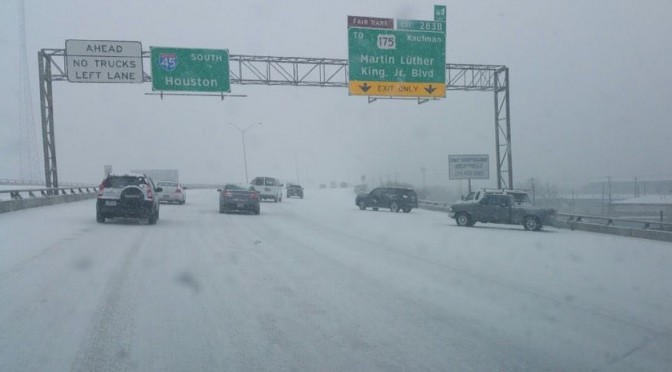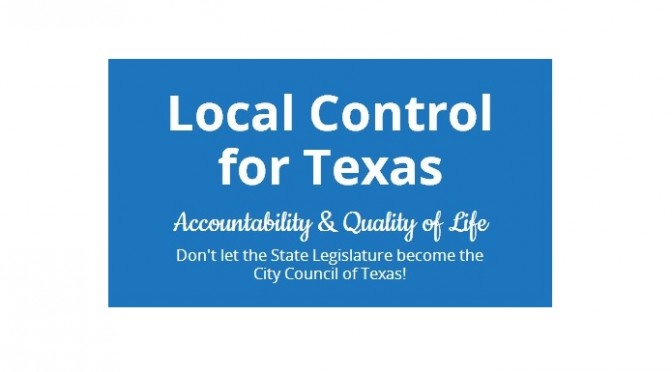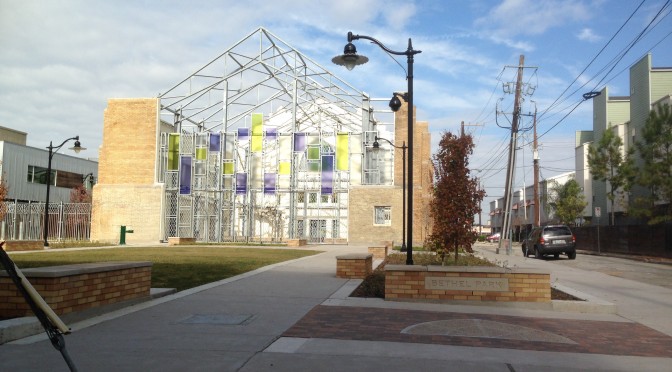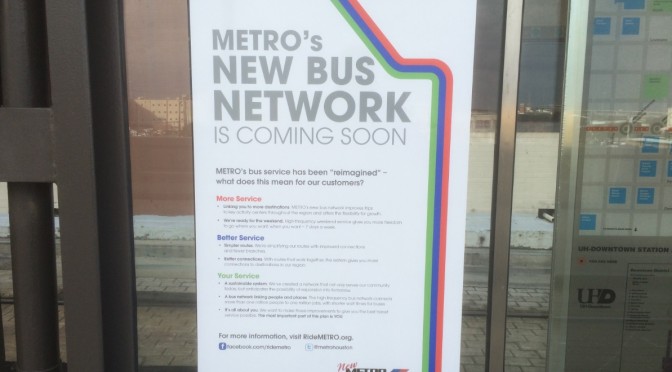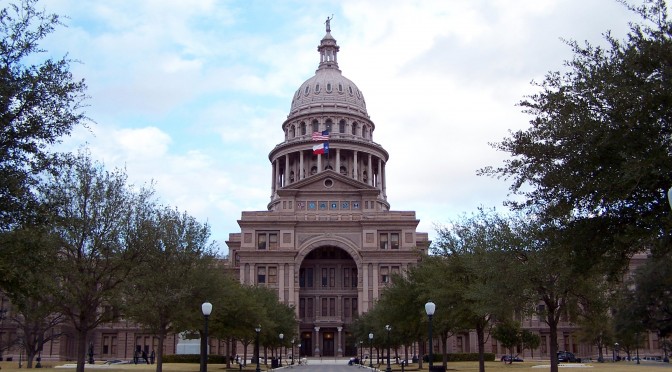While State Hoards Cash, Texas Cities Borrow
Ask almost any Texans living north of Greater Houston and they can tell you... 2015 has been an exceptionally rough winter for the Lone Star State. North Texas is just now thawing out from a rare March snowfall, in a year that has seen record winter events.
But long after this (hopefully) final bit of … Continue Reading ››
